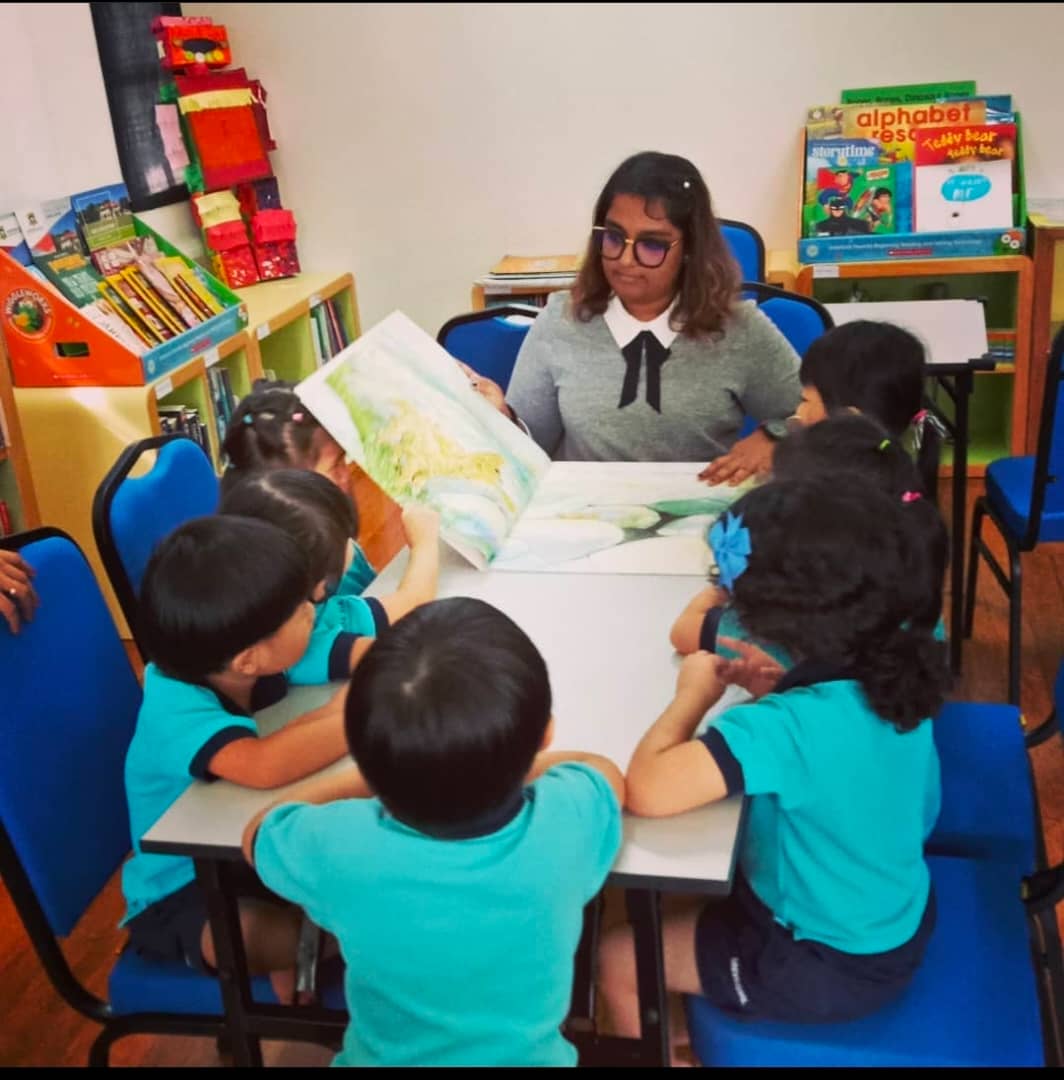The University of Greenwich with SEGi Group of Colleges held the 2nd Annual Research Discussion Panel on January 28, 2022, at 9.00 a.m. (London) / 5.00 p.m. (KL). Microsoft Teams was used to host the research panel discussion. Four panels presented their perspectives and thoughts on research planning for Bachelor of Arts (HONS) in Early Years Education (BAEYE) students from both University of Greenwich and the SEGi Group of Colleges.
This is an annual event which provides an opportunity for the students to hear experienced researchers talk about their work, the procedure they devised, and the rewards and pitfalls of research. The goal of the panel discussion is to brainstorm the student’s thoughts about their research interests and to encourage them to ask questions about the research process to inform their own small-scale initiatives.

The first panel was Saliha Cetin-Sultanoglu, an Independent Child Development Specialist based in London who has been working in the profession for nearly 15 years. She is currently employed in a Children’s Center in London, where she works with migrant children from low-income families and their parents. In addition to this function, she is an independent researcher in the field of social science. During the research panel discussion, she brought up the topic of Investigation of the Effectiveness of the Developmental Support Program Based on Auditory Integration on Sensory Development and Self-regulation Skills of Autistic Children.

Mary Clare Martin, a Principal Lecturer and Research Lead at the School of Education in FEHHS, University of Greenwich, presented the second panel of the discussion with the topic of Multicultural Toys. She is a social historian with a background in primary education who studies the history of childhood and youth and teaches on the BA (Hons) Childhood and Youth Studies and BA (Hons) Primary Accelerated degrees as well as supervising doctorate students. She is the Co-Founding Director of the Children’s History Society in the United Kingdom, as well as the Leader of Greenwich University’s Cluster for the Study of Play and Recreation.

Poh Wanyi, Lecturer Early Childhood Education at SEGi College Penang, was the discussion’s final panelist. She presented her research thoughts with the title Research: A Hard Nut to Crack. She is a proactive and passionate educator in Early Childhood Education with a specialisation in Special Education. She has spoken at several Academic Seminars, most recently at “Challenges of Online Based Education in Industrial Revolution 4.0,” organised by Padang State University in Indonesia, where she shared a variety of strategies for coping with the worries encountered by young children while learning online at home.

Michelle Huane, the third presenter of the day, began her teaching career in Early Years Education as a second career after having her own young kid. She recognises the significance of getting it right in the nurturing of young children during their formative years, especially after working in early childhood settings for four years. Her desire to be a beneficial impact on both children and adults inspired her to seek an International Montessori Diploma and, later, a Master of Education (specialising in Early Childhood Education). During the panel discussion, she brought up the topic of Perceptions of Early Childhood Practitioners on Positive Behavior Support and its Effects on Young Children.
One of the most important skills that students gain from participating in a research panel discussion is the ability to present their findings confidently and with a personal touch in order to connect with their audience. By participating in a research panel discussion, they are gradually improving their ability to convey their findings, especially for individuals who are unfamiliar with their field of study. There are numerous advantages to students listening to someone deliver their findings. Students may only learn a few new abilities and techniques that they can implement into their practices to improve overall core competencies.
Another important reason for arranging such a research panel discussion is the learning component. Students gain firsthand knowledge of specific industries and fields of study by attending them. Surprisingly, many students experience revolutionary moments during such discussions, realising that a technique or process employed in another field of study as regular practices may become the next innovative discovery in theirs.
Attending research panel discussions also can help students to build their network. Students could meet researchers not just from SEGi Group of Colleges, but also from UK. This provides a broader view on their field, and students will be able to see how the various areas intersect to produce a significant finding. Meeting new individuals also means that students build new business connections, which may come in handy when they start a new research project in the future. Not only that, but students could meet the most knowledgeable people in the area, and if they approach them in the correct way, they may be interested in serving as a mentor, providing essential help along the way.
The best thing about research panel discussion is that students are always one step ahead of the game. This is because the main purpose of such meeting of minds is to share new discoveries, they have the opportunity to learn about what’s going on and what progress are being made in all disciplines of interest. They should also be aware of any potential technological breakthroughs, particularly in the areas of Early Childhood Education, and how they might affect their subject of study.
In a nutshell, we believe that attending a panel discussion also allow students to discover the current research fields and meet experts who are interested in comparable themes. The condensed structure of panel presentations, as well as the key themes of each panel, allow students to learn about a variety of important initiatives or projects based on their interests. Finally, it would be great that everybody with an interest in early childhood education will be able to participate in the future discussion on the next year.

